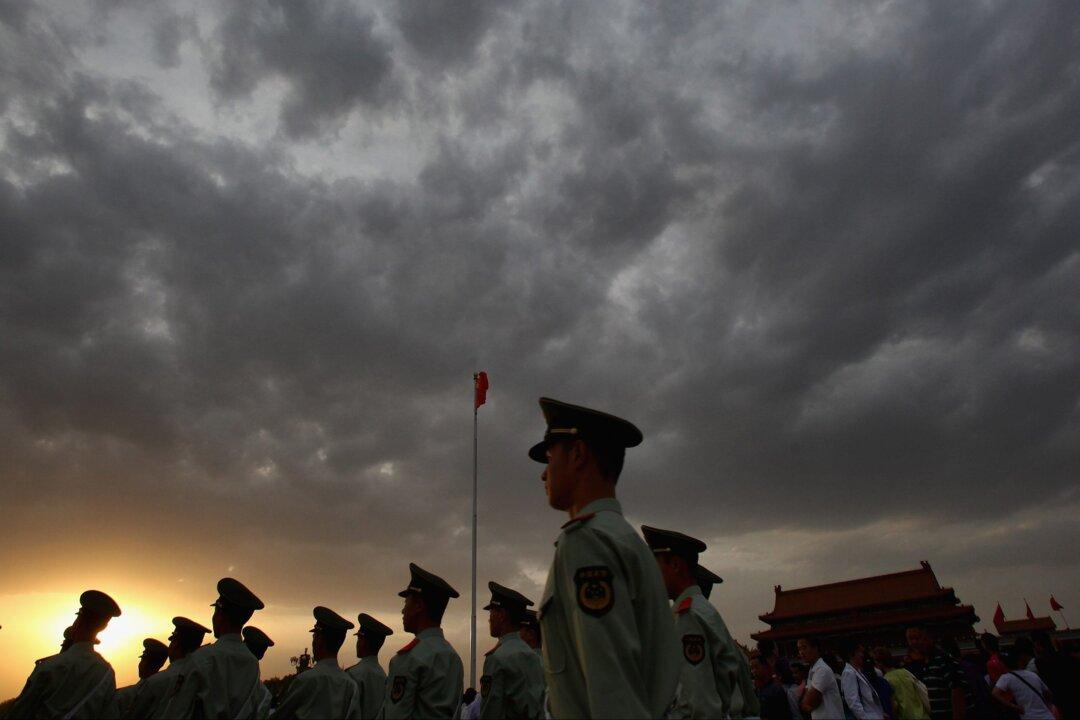An article has recently made the rounds on the Chinese internet, whereby it estimates that there are 48.9 million Chinese Communist Party secretaries—a position equivalent to a Party boss—in the entire country.
According to a June 2018 article by state-run media Xinhua, there are a total of 89.56 Party members in total. That means over half of the cadres are Party bosses.





